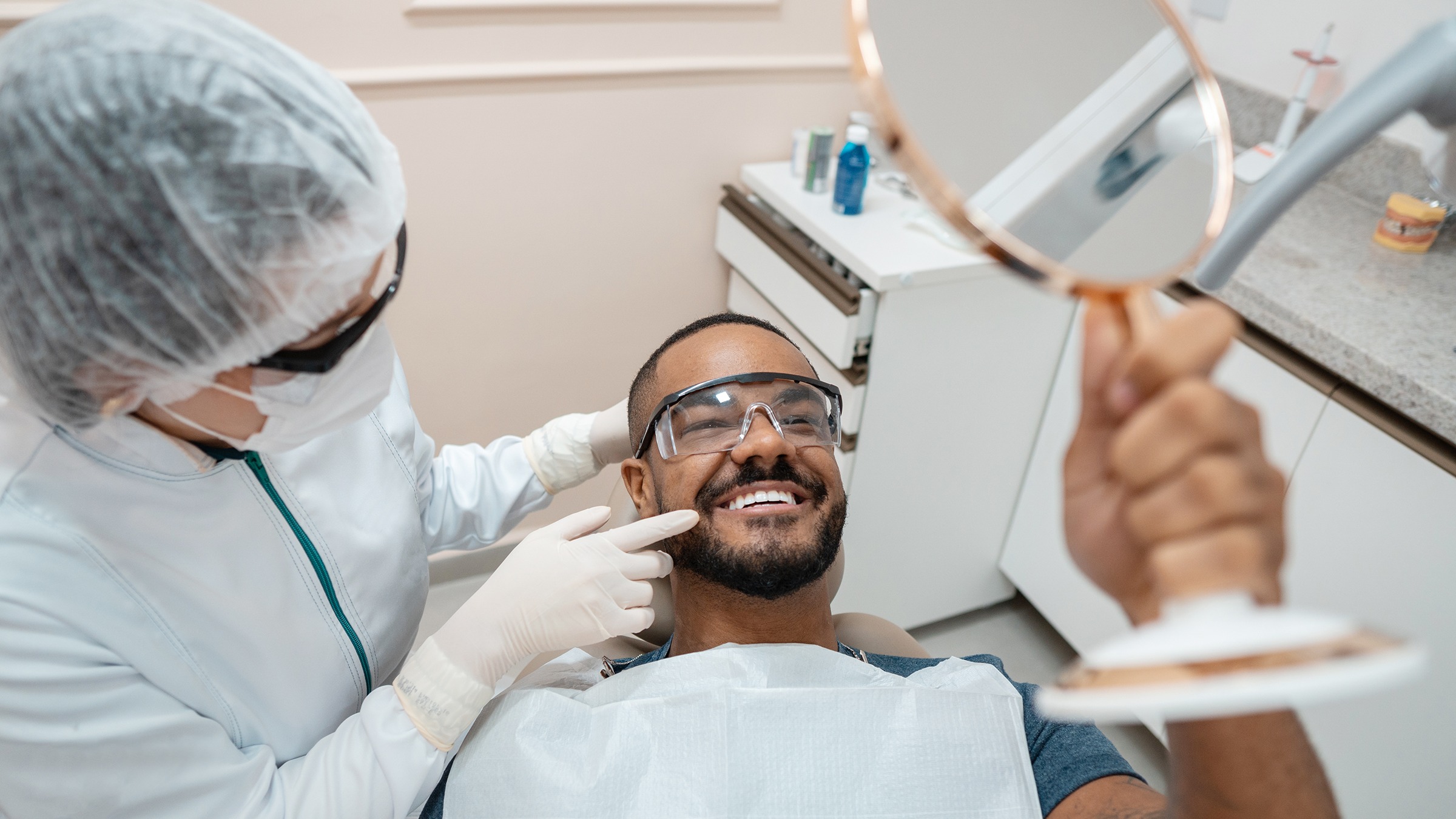Creating a Brighter Future with Professional Oral Hygiene

Maintaining good oral hygiene is essential for overall health and well-being, yet many people overlook the importance of professional dental care. Regular visits to the dentist not only help in preventing dental issues but also play a crucial role in enhancing one's quality of life. By investing time and resources into professional oral hygiene, individuals can ensure a brighter future, both for their teeth and their general health.
Professional dental care goes beyond the daily brushing and flossing routine. It encompasses a comprehensive approach to oral health, including thorough cleanings, examinations, and preventive measures that can identify potential problems before they escalate. With a focus on education and personalized care, dental professionals empower patients to take charge of their oral hygiene, leading to healthier smiles and ultimately contributing to a healthier society.
The Importance of Oral Hygiene
Maintaining good oral hygiene is essential for overall health and well-being. Poor oral care can lead to a variety of dental issues, including cavities, gum disease, and bad breath. Regular brushing and flossing are fundamental practices that help remove plaque and prevent the buildup of harmful bacteria. By prioritizing mouth care, individuals can significantly reduce their risk of dental problems and enhance their quality of life.
Beyond just preventing dental issues, oral hygiene plays a crucial role in boosting self-confidence. A bright smile can have a positive impact on personal and professional interactions. People who maintain their oral health are more likely to feel good about their appearance, enabling them to engage more confidently in social situations. This aspect of oral hygiene not only contributes to personal happiness but also fosters a healthy self-image.

Furthermore, oral hygiene is closely linked to overall physical health. Numerous studies have shown a connection between gum disease and systemic conditions such as heart disease, diabetes, and respiratory infections. By keeping their mouths healthy, individuals can help protect themselves from these broader health concerns. Investing in professional dental care is a vital step towards maintaining both oral and overall health, ensuring a brighter future for everyone.
Key Practices for Effective Dental Care
Maintaining a consistent oral hygiene routine is essential for effective dental care. This includes brushing at least twice a day with fluoride toothpaste to remove plaque and prevent cavities. It is important to use a soft-bristled toothbrush and to replace it every three to four months or sooner if the bristles fray. Additionally, flossing daily helps remove food particles and plaque from between the teeth, areas that a toothbrush may not reach. This step is crucial for reducing the risk of gum disease and ensuring overall oral health.
Regular visits to the dentist play a vital role in professional oral hygiene. These check-ups allow dental professionals to perform cleanings, which help in the removal of tartar that cannot be eliminated by brushing and flossing alone. During these visits, the dentist can also catch potential issues early, such as cavities or gum problems, which can save patients from more serious conditions down the line. Patients should aim for at least two check-ups a year to stay on top of their dental health.
Incorporating a balanced diet into dental care practices further enhances oral health. Consuming a variety of fruits, vegetables, whole grains, and lean proteins provides essential nutrients that support healthy teeth and gums. Limiting sugary snacks and beverages is also important, as high sugar intake can lead to tooth decay. Staying hydrated, especially with water, is beneficial as it helps wash away food particles and acids that can harm the teeth. By combining proper brushing techniques, regular dental visits, and a healthy diet, individuals can maintain their oral hygiene effectively.
Advancements in Oral Health Technologies
The field of oral health has seen remarkable advancements in technology that significantly enhance the quality and efficiency of dental care. Innovations such as digital imaging and 3D printing allow for precise diagnostics and treatment planning. Dentists can now create accurate representations of a patient's oral anatomy, enabling tailored treatment approaches. These technologies reduce the time spent in the dental chair and improve the overall patient experience.
Another significant advancement is the development of minimally invasive techniques and materials. Laser dentistry, for example, has transformed how various procedures are performed, reducing discomfort and recovery times. Additionally, biocompatible materials used in fillings and crowns enhance durability while promoting good oral health. These innovations lead to more effective treatments and a focus on preserving natural tooth structure.
Tele-dentistry has also emerged as a crucial tool in professional oral hygiene. It allows dental professionals to provide consultations and follow-up care remotely, making access to dental care easier for patients. This is especially beneficial for those in remote areas or with mobility challenges. By leveraging technology, dental care can be more proactive, helping to catch issues early and maintain optimal oral health in a convenient manner.
